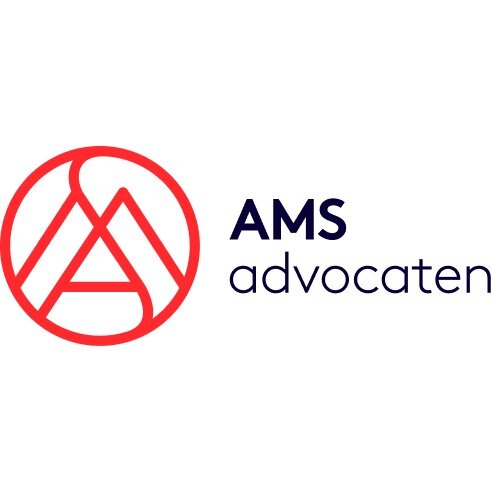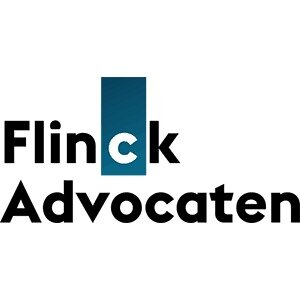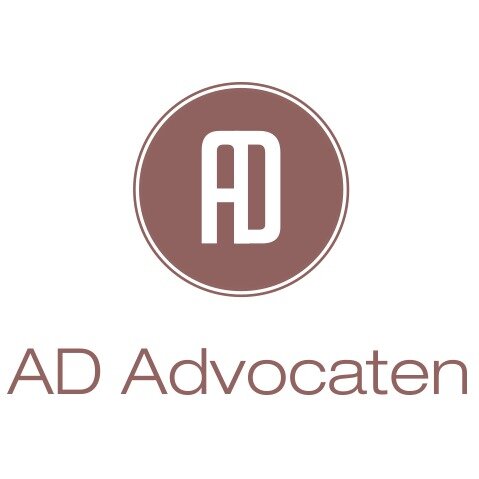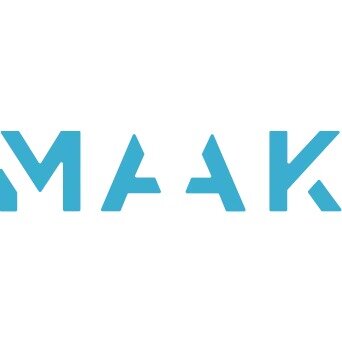Best Private Equity Lawyers in Amsterdam
Share your needs with us, get contacted by law firms.
Free. Takes 2 min.
List of the best lawyers in Amsterdam, Netherlands
About Private Equity Law in Amsterdam, Netherlands
Private equity (PE) in Amsterdam, Netherlands, refers to investments made directly into private companies or the buyout of public companies, resulting in their delisting from stock exchanges. The Dutch private equity market is one of the most developed in Europe, with Amsterdam serving as a hub for international funds and investors. Private equity law encompasses the legal frameworks and regulations that govern private equity transactions, fund formations, acquisitions, exits, and the rights and duties of investors and fund managers. The legal landscape in Amsterdam is shaped by both Dutch national law and European Union regulations, creating a robust environment for private equity activities.
Why You May Need a Lawyer
Private equity deals involve high-value transactions, complex legal structures, and multiple parties with varying interests. Here are common situations where legal assistance is crucial:
- You are a fund manager or investor looking to establish a private equity fund in the Netherlands
- You are negotiating or executing a private equity investment, merger, or acquisition
- You are conducting due diligence on a target company or transaction
- You need to comply with cross-border, Dutch, and EU regulations affecting private equity
- You are involved in disputes between limited partners, general partners, or portfolio companies
- You require advice on tax-efficient structures for private equity investments
- You want to ensure proper documentation, shareholder agreements, or exit strategies
A lawyer experienced in private equity can help you navigate risk, maintain compliance, and maximize the value of your investments.
Local Laws Overview
Private equity activity in Amsterdam is regulated by various Dutch laws, directives, and guidelines, often influenced by European Union legislation. Here are several critical aspects:
- Alternative Investment Fund Managers Directive (AIFMD): This EU directive, implemented in Dutch law, governs the registration, operation, and reporting duties of private equity fund managers in the Netherlands.
- Dutch Civil Code: Provides the foundation for company formation, corporate governance, commercial agreements, and insolvency relevant to PE transactions.
- Works Councils Act (Wet op de ondernemingsraden): Requires informing and, in some cases, seeking approval from employee representative bodies on significant business changes, including acquisitions and restructurings.
- Public Offer Rules: If a private equity deal involves a public company, specific rules on public takeovers and shareholder rights apply under the Dutch Financial Supervision Act (Wet op het financieel toezicht).
- Merger Control: Transactions may require notification to and approval from the Dutch Competition Authority (ACM) or the European Commission, depending on the size and nature of the deal.
- Taxation: The Netherlands offers attractive tax benefits and treaty networks, but structuring advice is essential to optimize your legal and tax position.
Compliance with these legal requirements is crucial for successful private equity operations and the avoidance of regulatory risks.
Frequently Asked Questions
What is the typical legal structure for private equity funds in Amsterdam?
Most private equity funds in the Netherlands are structured as limited partnerships (commanditaire vennootschap, or CV) or cooperative associations due to regulatory and tax advantages.
Do I need a license to manage a private equity fund in Amsterdam?
Yes, fund managers usually need a license from the Dutch Authority for the Financial Markets (AFM), unless they fall under specific exemptions set out in the AIFMD or Dutch law.
What kind of due diligence is required in private equity transactions?
Due diligence often covers financial, legal, tax, and operational aspects of the target company to identify risks, obligations, and value drivers before closing a deal.
What are the main duties of a general partner in a Dutch private equity fund?
A general partner manages the fund, makes investment decisions, is liable for the partnership’s debts, and must act in the best interests of the investors.
Are there specific rules for cross-border private equity investments?
Yes, cross-border deals must adhere to Netherlands and EU regulations regarding anti-money laundering, sanctions, tax compliance, and often foreign investment screening.
How are employees affected by private equity deals in the Netherlands?
Employee representation is robust in the Netherlands. Works councils must be informed and may need to advise or approve significant organizational changes resulting from an acquisition.
What are the tax implications for private equity investments in Amsterdam?
The Netherlands offers a favorable tax regime, but issues such as withholding taxes, structuring, and compliance with local and international tax laws must be carefully managed.
Can disputes among private equity partners be resolved under Dutch law?
Yes, disputes between partners can be settled through court proceedings or alternative dispute resolution mechanisms, including arbitration and mediation, commonly stipulated in partnership agreements.
What regulatory bodies oversee private equity in the Netherlands?
The Dutch Authority for the Financial Markets (AFM) and the Dutch Central Bank (DNB) supervise licensing, operation, and compliance of fund managers and market conduct.
Is it necessary to engage a local lawyer for private equity transactions in Amsterdam?
While it is not mandatory by law, having a local lawyer is highly recommended to ensure compliance, address legal risks, and facilitate smooth negotiation and execution of deals.
Additional Resources
Several organizations and bodies can provide support or information regarding private equity law in Amsterdam:
- Dutch Authority for the Financial Markets (AFM): Regulates and oversees financial markets and investment activity
- Dutch Private Equity & Venture Capital Association (NVP): Industry body representing private equity and venture capital firms in the Netherlands
- Dutch Central Bank (DNB): Supervises aspects of financial stability, including fund managers
- Dutch Ministry of Finance: Provides updates on financial policy and regulatory developments
- Dutch Tax and Customs Administration: Offers information on tax-related matters for private equity structures
- Netherlands Enterprise Agency: Supports businesses with information on doing business in the Netherlands
Next Steps
If you need legal assistance in private equity matters in Amsterdam, consider these steps:
- Identify the specific nature and scope of your legal needs, such as fund formation, investment, compliance, tax, or dispute resolution
- Collect all relevant documents and information to streamline your consultation
- Research and select a law firm or lawyer in Amsterdam with proven experience in private equity transactions and Dutch/EU regulations
- Schedule an initial consultation to discuss your situation, costs, and potential strategies
- Maintain clear communication throughout the legal process to ensure your interests are well protected
Navigating private equity law in Amsterdam can be complex, but with the right legal guidance, you can proceed confidently and successfully achieve your objectives.
Lawzana helps you find the best lawyers and law firms in Amsterdam through a curated and pre-screened list of qualified legal professionals. Our platform offers rankings and detailed profiles of attorneys and law firms, allowing you to compare based on practice areas, including Private Equity, experience, and client feedback.
Each profile includes a description of the firm's areas of practice, client reviews, team members and partners, year of establishment, spoken languages, office locations, contact information, social media presence, and any published articles or resources. Most firms on our platform speak English and are experienced in both local and international legal matters.
Get a quote from top-rated law firms in Amsterdam, Netherlands — quickly, securely, and without unnecessary hassle.
Disclaimer:
The information provided on this page is for general informational purposes only and does not constitute legal advice. While we strive to ensure the accuracy and relevance of the content, legal information may change over time, and interpretations of the law can vary. You should always consult with a qualified legal professional for advice specific to your situation.
We disclaim all liability for actions taken or not taken based on the content of this page. If you believe any information is incorrect or outdated, please contact us, and we will review and update it where appropriate.















